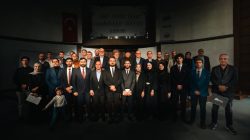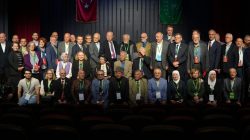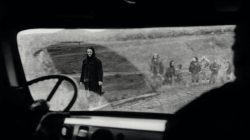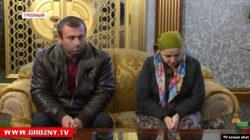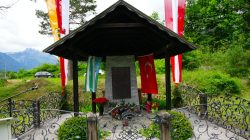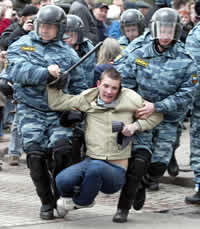
Moscow/Agency Caucasus – The Russian police started to be overbearing all across the Russian Federation after it first adopted a high-handed manner in its dealings with the Chechens, among many other North Caucasian peoples, said Oleg Orlov, Chairman of the Memorial, a Moscow-based human rights organization.
Oleg stated his observation about the Russian police while he addressed a large crowd of demonstrators on Pushkin Square in central Moscow on the May 15 evening when they gathered in protest at the forceful, intolerant and domineering attitude of the Russian security forces as well public prosecutors towards the civil society.
"Anything that can be considered as illegal when the Russian police treat people — like corporal punishment that usually involves torture — results from the experience(!) that the Russian police gained while they conducted anti-terrorism operations in the North Caucasus," said Orlov.
Police officers from all over Russia were in the war with Chechnya and they were also assigned duties to fulfill in North Caucasian republics, said Orlov. "Members of the Russian security forces knew well that they would not be penalized whatever they did while they were in North Caucasus. So, when they returned to Russia from the North Caucasian republics, they maintained across the Russian Federation their oppressive attitudes that they had adopted before."
There were as many as 400 people who gathered on Pushkin Square, only two kilometers northwest of the Kremlin. It is not only one of the busiest city squares in Moscow, but also one of the busiest in the world.
Among the protesters were members from the Moscow Helsinki Group (MHG), the oldest human rights organization still active in Russia today, from the Human Rights Movement and from the Civil Movement. KU/ÖZ/FT
[ssba]
